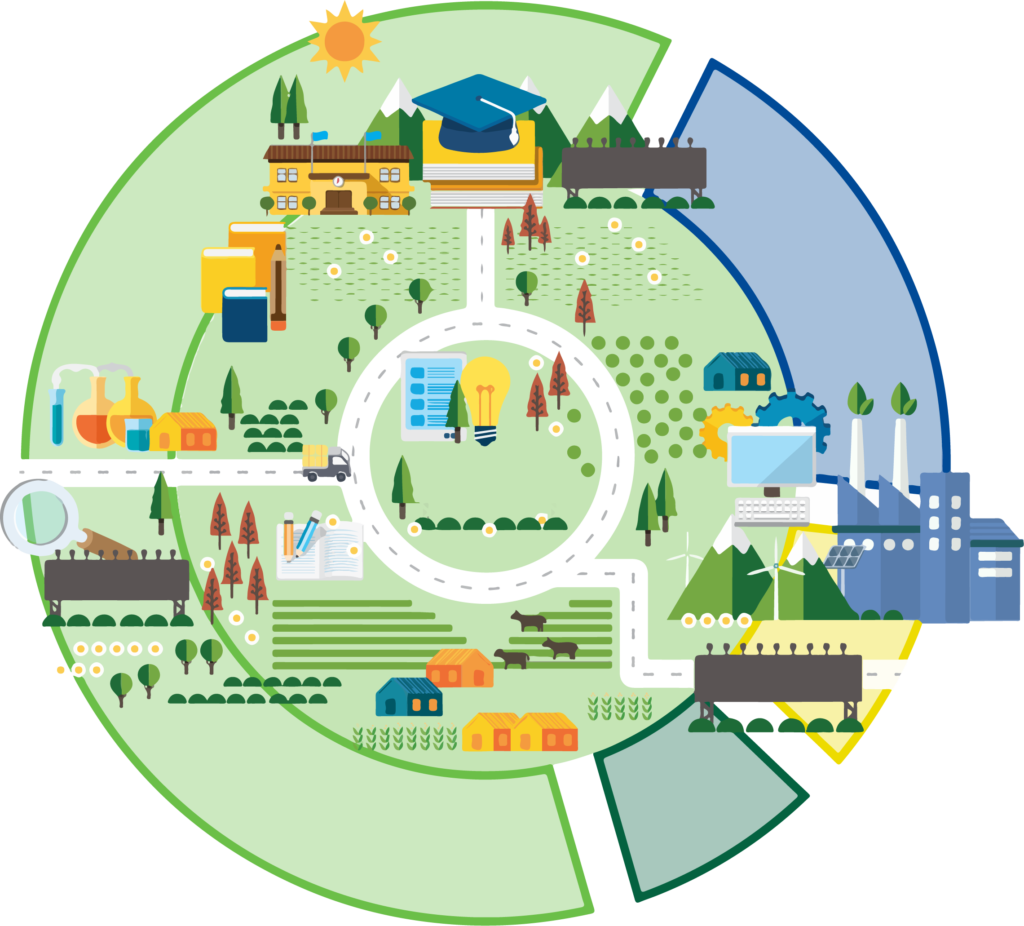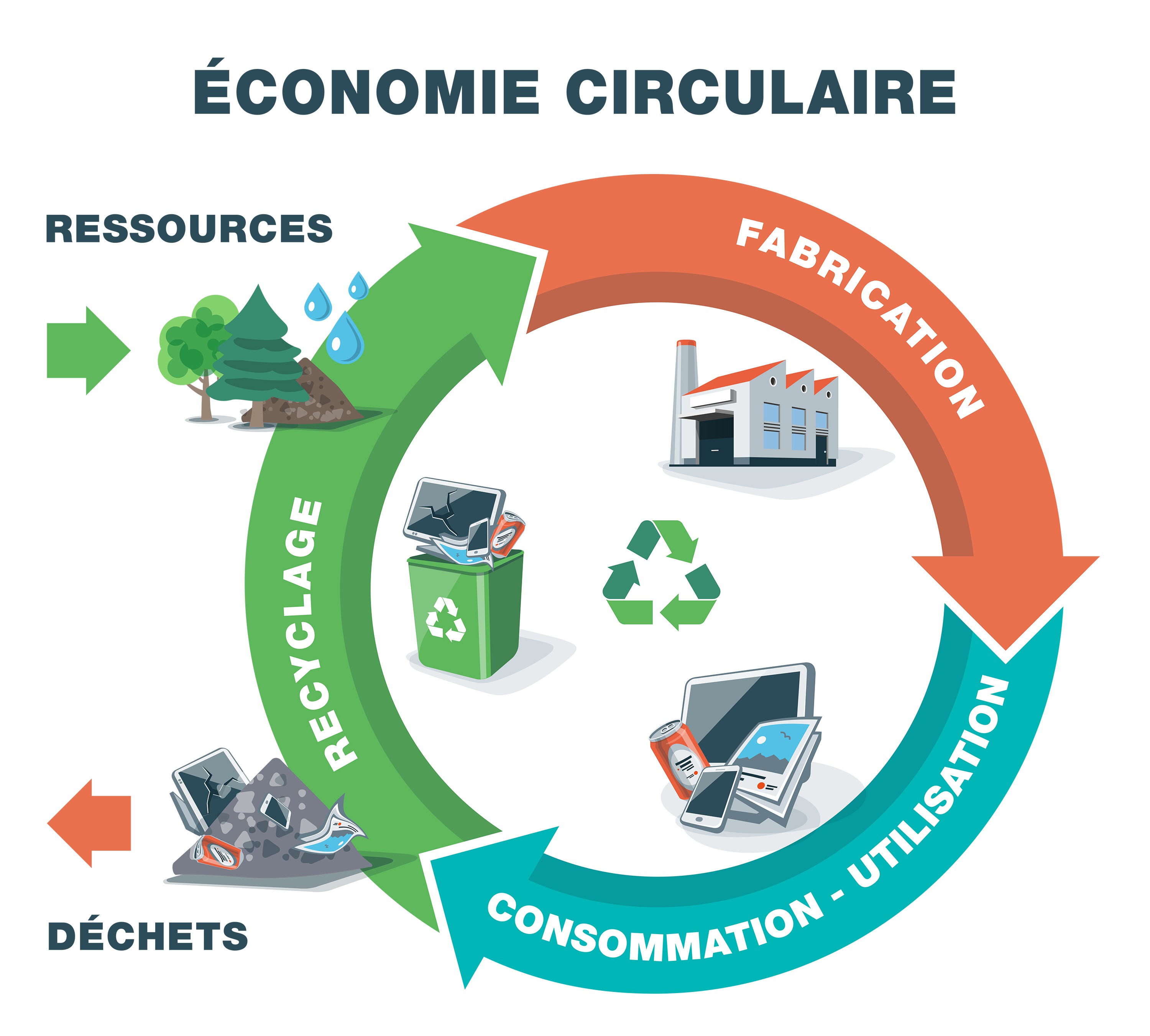Economy Economy La Team: The Ultimate Guide To Understanding The Phenomenon
You might be wondering, what exactly is this "économie économie la team" thing everyone's talking about? Well, buckle up because we're diving deep into the world of economic teams, their significance, and how they shape the global financial landscape. If you're here, you're probably looking for answers—and we've got 'em. So, let's get started!
Let's be real, the term "économie économie la team" might sound a bit fancy, but it's basically about understanding how teams work within the economic sphere. Whether you're an entrepreneur, a student, or just someone curious about how the world runs, this topic is for you. It's like a backstage pass to the economic world, and trust me, it's more exciting than it sounds.
Now, before we dive into the nitty-gritty, let's establish why this matters. Economic teams aren't just random groups of people; they're carefully curated collections of experts who influence everything from government policies to your morning coffee prices. So yeah, they're kind of a big deal. And by the end of this article, you'll know exactly why.
- Breaking Down The Melimtx Leak What You Need To Know
- Nocciolata Bianca The Creamy Delight Thats Stealing Hearts Worldwide
What Exactly is Economy Economy La Team?
Alright, so let's break it down. When we talk about "économie économie la team," we're referring to the teams that manage and analyze economic data, create policies, and basically keep the world from falling into chaos. These teams can be found in governments, corporations, and even non-profits. Think of them as the brain trust behind all the economic decisions that affect our daily lives.
Why Should You Care About Economic Teams?
Here's the thing: economic teams directly impact your wallet, your job, and even your lifestyle. For example, if an economic team decides to implement a new tax policy, it could affect how much money you take home each month. Or, if they make a decision about trade, it could influence the cost of goods you buy. So yeah, they're kinda important.
Let's not forget that these teams also play a role in global issues like climate change, inequality, and innovation. They're the ones figuring out how to balance economic growth with environmental sustainability, and that's a big deal.
- Discover The Magic Of Ialuset Visage Avant Apres Transform Your Skin Today
- Tiktok Coins Charging The Ultimate Guide For Aspiring Tiktok Stars
How Economic Teams Operate
Now that we know what they are, let's talk about how they operate. Economic teams usually consist of economists, analysts, statisticians, and policymakers. Each member brings a unique skill set to the table, and together, they work to solve some of the world's most complex problems.
Key Roles Within an Economic Team
- Economists: These are the folks who study how resources are produced, distributed, and consumed. They're the ones crunching the numbers and predicting trends.
- Analysts: Analysts take the data collected by economists and turn it into actionable insights. Think of them as the interpreters of economic language.
- Statisticians: These are the math wizards who ensure that the data is accurate and reliable. Without them, the whole team would be flying blind.
- Policymakers: Policymakers take the insights from the team and turn them into actual policies. They're the decision-makers who ultimately shape the economic landscape.
The Importance of Expertise in Economic Teams
When it comes to economic teams, expertise is everything. You can't just throw a bunch of people together and expect them to solve complex economic issues. Each member needs to have a deep understanding of their respective field, whether it's macroeconomics, microeconomics, or data analysis.
But expertise isn't just about knowledge; it's also about experience. The best economic teams are made up of people who have been in the trenches, who understand the real-world implications of their decisions. And let's not forget the importance of diversity—having a team with diverse perspectives ensures that all angles are considered.
Building Trust in Economic Teams
Trust is another crucial element. People need to trust that the decisions made by economic teams are in their best interest. This means being transparent about the data, the analysis, and the reasoning behind each decision. It also means being accountable when things don't go as planned.
And let's be honest, trust isn't always easy to come by. In a world where misinformation runs rampant, economic teams need to work extra hard to earn and maintain the trust of the public. It's a tall order, but it's essential for the success of any economic policy.
Challenges Faced by Economic Teams
Of course, no team is without its challenges. Economic teams face a unique set of obstacles that can make their job incredibly difficult. From political interference to limited resources, there are plenty of factors that can hinder their progress.
Political Influence
One of the biggest challenges is political influence. Economic teams often have to navigate a complex web of political pressures, which can sometimes lead to decisions that aren't in the best interest of the public. It's a delicate balancing act, and one that requires a lot of finesse.
Then there's the issue of limited resources. Whether it's time, money, or manpower, economic teams often have to work with what they've got. This can make it difficult to implement comprehensive solutions to complex problems.
How Economic Teams Impact Global Markets
Now, let's talk about the elephant in the room: global markets. Economic teams have a huge impact on global markets, from stock prices to currency exchange rates. They're the ones analyzing trends, making predictions, and implementing policies that can make or break entire industries.
The Role of Data in Economic Decision-Making
Data is king in the world of economics. Economic teams rely heavily on data to make informed decisions. From GDP reports to unemployment rates, every piece of data is a potential clue to understanding the state of the economy. But here's the catch: not all data is created equal. It's up to the team to sift through the noise and find the signal.
And let's not forget the power of technology. With advancements in data analytics and artificial intelligence, economic teams now have more tools than ever to analyze and interpret data. It's like having a supercomputer in their back pocket.
Case Studies: Successful Economic Teams
Let's take a look at some real-world examples of successful economic teams. From the Federal Reserve in the United States to the European Central Bank, there are plenty of teams out there making a difference. Each one has its own unique approach, but they all share a common goal: to improve the economic well-being of their respective regions.
Lessons Learned from Successful Teams
So, what can we learn from these successful teams? First and foremost, collaboration is key. No one person can solve the world's economic problems alone. It takes a team effort, with each member bringing their own expertise to the table.
Another important lesson is the importance of adaptability. The economic landscape is constantly changing, and teams need to be able to pivot when necessary. Whether it's responding to a global pandemic or adjusting to new technological advancements, adaptability is crucial for success.
The Future of Economic Teams
So, what does the future hold for economic teams? With the rapid pace of technological change, it's likely that we'll see even more reliance on data and analytics. But at the same time, the human element will always be important. After all, it's people who make the decisions, not machines.
Another trend we're likely to see is increased collaboration between teams from different regions. As the world becomes more interconnected, it's becoming clear that economic issues don't stop at national borders. Teams will need to work together to find solutions to global challenges.
Conclusion: What You Need to Know About Economy Economy La Team
So there you have it, a comprehensive guide to understanding "économie économie la team." From their role in shaping economic policies to their impact on global markets, economic teams are a crucial part of the financial world. And while they face plenty of challenges, they also have the power to make a real difference.
Now that you know the ins and outs, why not take action? Share this article with your friends, leave a comment, or check out some of our other content. Together, we can all become more informed about the world of economics—and that's a good thing.
Table of Contents
- What Exactly is Economy Economy La Team?
- Why Should You Care About Economic Teams?
- How Economic Teams Operate
- Key Roles Within an Economic Team
- The Importance of Expertise in Economic Teams
- Building Trust in Economic Teams
- Challenges Faced by Economic Teams
- Political Influence
- How Economic Teams Impact Global Markets
- The Role of Data in Economic Decision-Making
- Case Studies: Successful Economic Teams
- Lessons Learned from Successful Teams
- The Future of Economic Teams



Detail Author:
- Name : Miss Kamille Green Sr.
- Username : lkoepp
- Email : cgoodwin@orn.org
- Birthdate : 2002-04-17
- Address : 3846 Klocko Bypass Bergnaumbury, SD 62871-6368
- Phone : +1 (623) 450-9953
- Company : Legros-Abbott
- Job : Social Work Teacher
- Bio : Velit sit culpa culpa eius exercitationem hic dolores. Delectus natus nihil omnis dignissimos aut.
Socials
instagram:
- url : https://instagram.com/rebecca9528
- username : rebecca9528
- bio : Et maiores porro illum veritatis deserunt tempore. Dolorem autem non sunt et.
- followers : 5136
- following : 2588
facebook:
- url : https://facebook.com/rebecca_official
- username : rebecca_official
- bio : Ut eius aut sint libero ipsa.
- followers : 2256
- following : 851
linkedin:
- url : https://linkedin.com/in/rebecca1915
- username : rebecca1915
- bio : Quia commodi iste ab necessitatibus.
- followers : 4725
- following : 2966